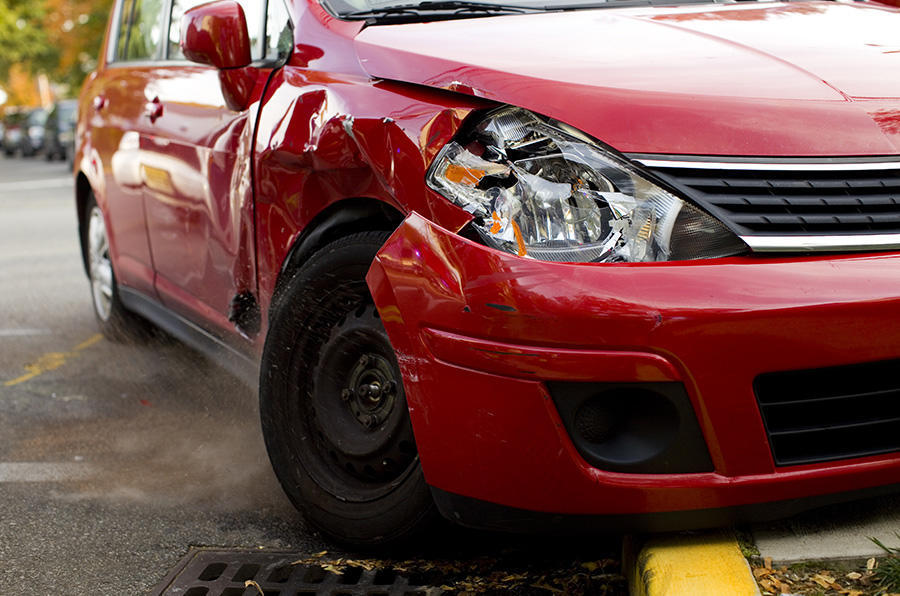A loophole in a database used by insurers means that, each year, thousands of people are buying used cars not knowing that they have previously been written off.
The Motor Insurance Anti-Fraud Theft Register (MIAFTR) is used by insurers to record the details of cars they have written off and by vehicle-check companies when establishing a used car’s status. However, MIAFTR is a voluntary scheme, and not all of the UK’s 200 insurers have signed up to it, meaning not all write-offs are being recorded.
Among those insurers that do subscribe to the database, delays or errors in uploading vehicles can also result in write-offs not being recorded. Cars that are insured third party only or are selfinsured by their owners (organisations including the police and local councils) are also not recorded on MIAFTR. Although insurers must by law notify the DVLA of a write-off, they do so using MIAFTR, which the DVLA uses as its primary source.
Failings in the scope of the MIAFTR database became clear when, in 2019, Motorcheck, a vehicle check company with access to additional vehicle databases including councils, rental fleets and salvage auctions, investigated every car recorded as being clear on the MIAFTR and found that 12,000 of them – worth a combined £86 million – were recorded as write-offs on its own registers.
Many such cars are repaired and advertised for sale to the public, as Adrian Mierzwinski, founder and CEO of Vcheck, another vehicle check company with access to multiple databases, has discovered. “In 2019, we monitored a leading classified website and found that 4000 cars being offered for sale on it were unrecorded write-offs,” he says. “We estimate that each year, 15,000 cars that should have been declared as write-offs go back on the road unrecorded, which is one in 50 of all vehicles written off by insurance companies.”
MIAFTR is controlled by the Motor Insurers Bureau (MIB), which admits that the database doesn’t record every write-off. A spokesman said: “At present, it’s not possible for MIAFTR to be a complete solution, because some vehicles, including self-insured large fleets, currently sit outside insurance processes and therefore won’t be uploaded to it. Like insurers, we’re keen to see changes to policy to help tackle the issue.”
Shane Teskey, co-founder of Motorcheck, says there has been much talk of improving the reporting system but little action. “We reckon that at any time, more than 2000 cars advertised for sale with a clean history have serious question marks concerning that history, since the majority have been shown to be undocumented write-offs,” he says. “Everyone is passing the buck, but the problem has become so serious that today, a trader can’t solely rely on a MIAFTR-clear result as a guarantee that the vehicle hasn’t been written off.












Join the debate
Add your comment
If a car has been repaired without going through insurance companies by an unauthorised repairer it won't show on any database, even if it is structural damage.